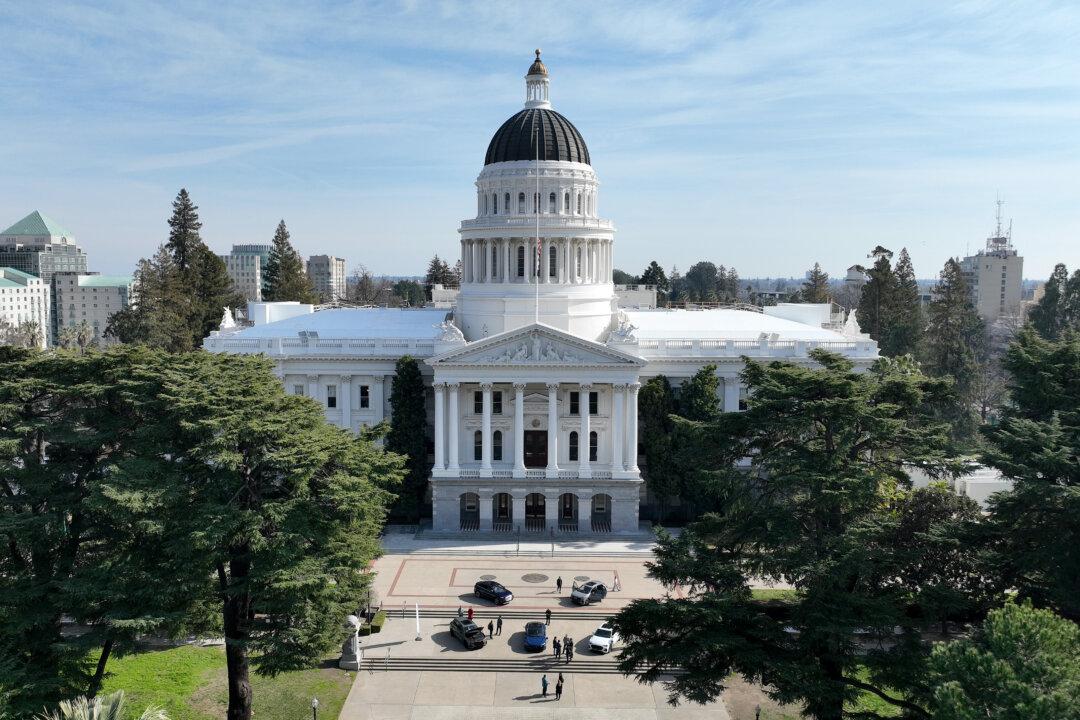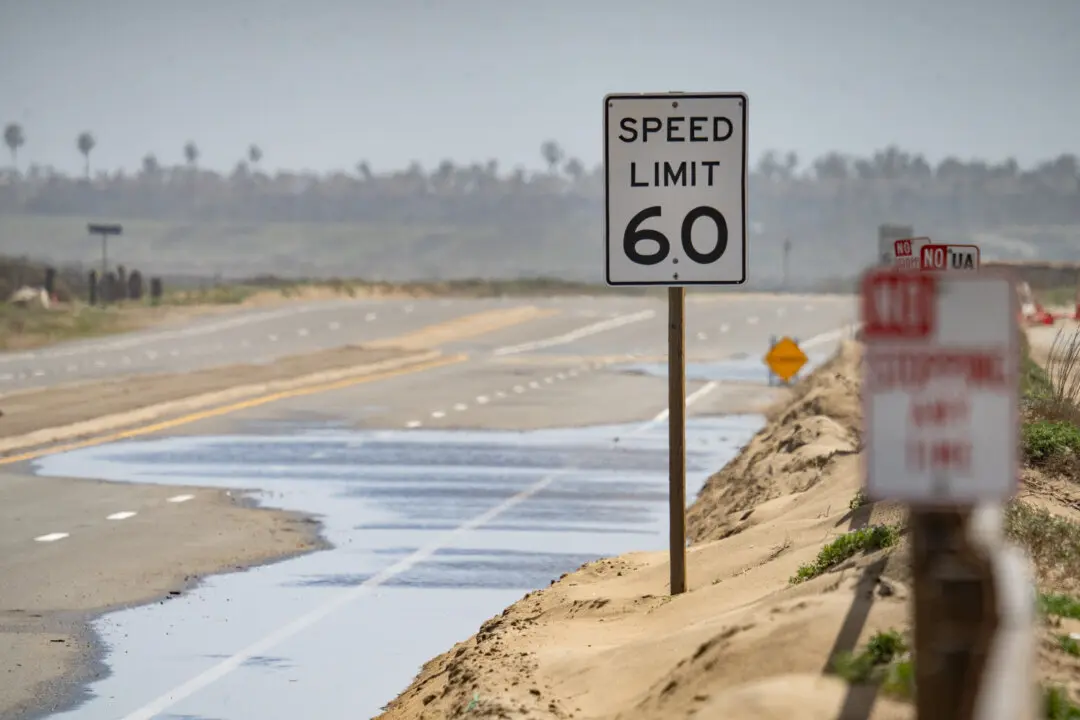On September 7th, Taiwan’s Ministry of Science and Technology held a “Taiwan’s Science Parks Investment Promotion and Marketing Conference” at the Hilton in Santa Clara, California. The conference introduced Taiwan’s Ministry of Science and Technology and the unique features of the tech-based clusters of Taiwan’s three science parks.
Dr. Yu-Chin Hsu, Taiwan’s Deputy Minister of Science and Technology -- Director-General Dr. Wayne Wang of Hsinchu park -- Deputy Director-General Wenfang of Central Park, and Director-General Wei-Cheng Lin of South Science Park were present at the conference to discuss the history and future of Taiwan’s three science parks.




